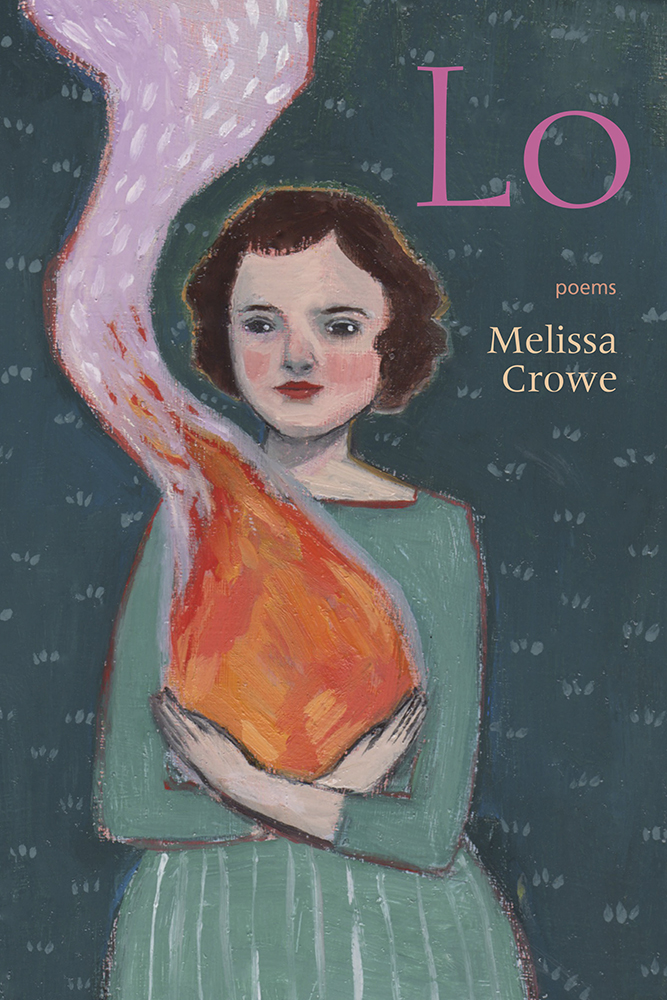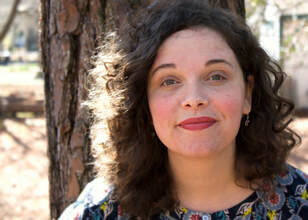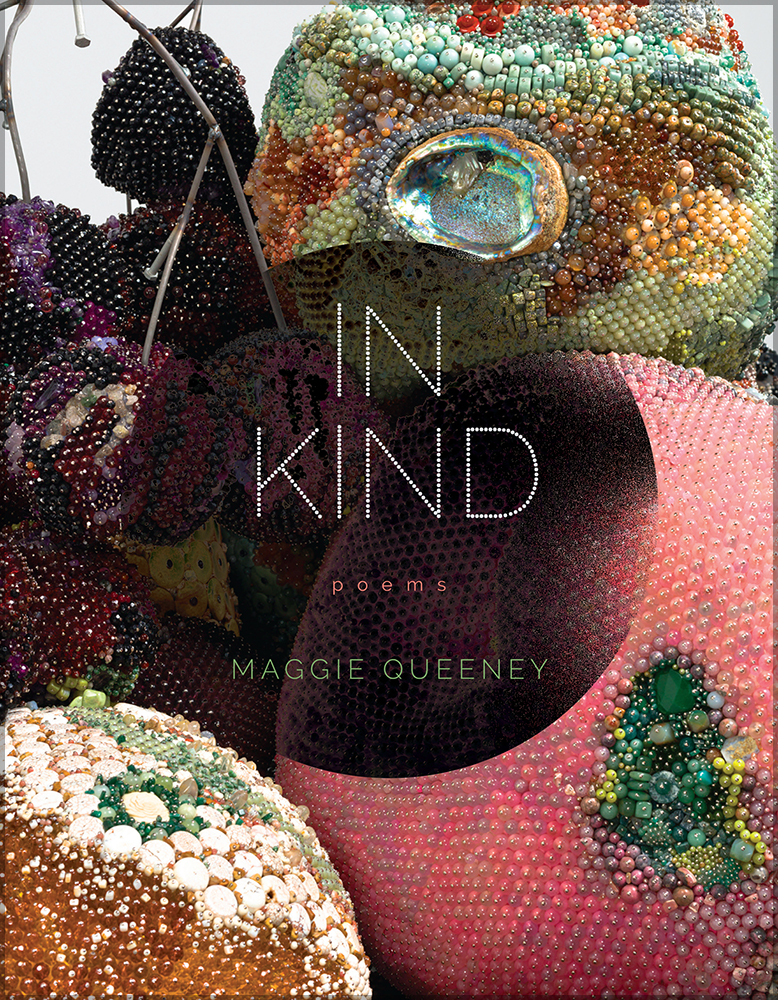
Audiobook, 10+ hrs.
I am an Amazon Affiliate
The Other Americans by Laila Lalami, narrated by
Lalami tackles not only racism and fear, but also the tension between those who are religiously devote and those who are not. There is the young woman who wants to follow her dream but is pulled back home by the death of her father and the obligation she feels toward her family and the Pantry, the restaurant. At the crux is honesty and distrust – the lack of one and the abundance of the other.
Some of these narrators were far better than others – some sounded wooden and others sounded computer generated. Nora’s voice is the most real and engaging. But I also wonder if it is the narrative that made it harder to narrate — some of the dialogue is stilted.
The Other Americans by Laila Lalami was a good read for the topics it covers that book clubs can discuss, but there were far too many characters (who were chapters unto themselves) and their connections were tenuous at best. There are dropped threads in the family narration, like the relationship between the mother and father and impending breakup and the struggles of the dutiful daughter, Salma. The relationships are broken in more ways than one, and they don’t seem to be repaired (at least not satisfactorily) or even talked about again. Lalami seems to have taken on too much in this ambitious book. For threaded narratives of seemingly unconnected characters, you should try Colum McCann.
RATING: Tercet

Laila Lalami was born in Rabat and educated in Morocco, Great Britain, and the United States. She is the author of five books, including The Moor’s Account, which won the American Book Award, the Arab-American Book Award, and the Hurston/Wright Legacy Award. It was on the longlist for the Booker Prize and was a finalist for the Pulitzer Prize in Fiction. Her most recent novel, The Other Americans, was a national bestseller and a finalist for the Kirkus Prize and the National Book Award in Fiction. Her essays and criticism have appeared in the Los Angeles Times, the Washington Post, The Nation, Harper’s, the Guardian, and the New York Times. She has been awarded fellowships from the British Council, the Fulbright Program, and the Guggenheim Foundation and is currently Distinguished Professor of Creative Writing at the University of California at Riverside. She lives in Los Angeles.

 About the Author:
About the Author:


 About the Poet:
About the Poet:
 About the Poet:
About the Poet:
 About the Poet:
About the Poet:
 About the Author:
About the Author:

 About the Poet:
About the Poet:


 About the Poet:
About the Poet:



